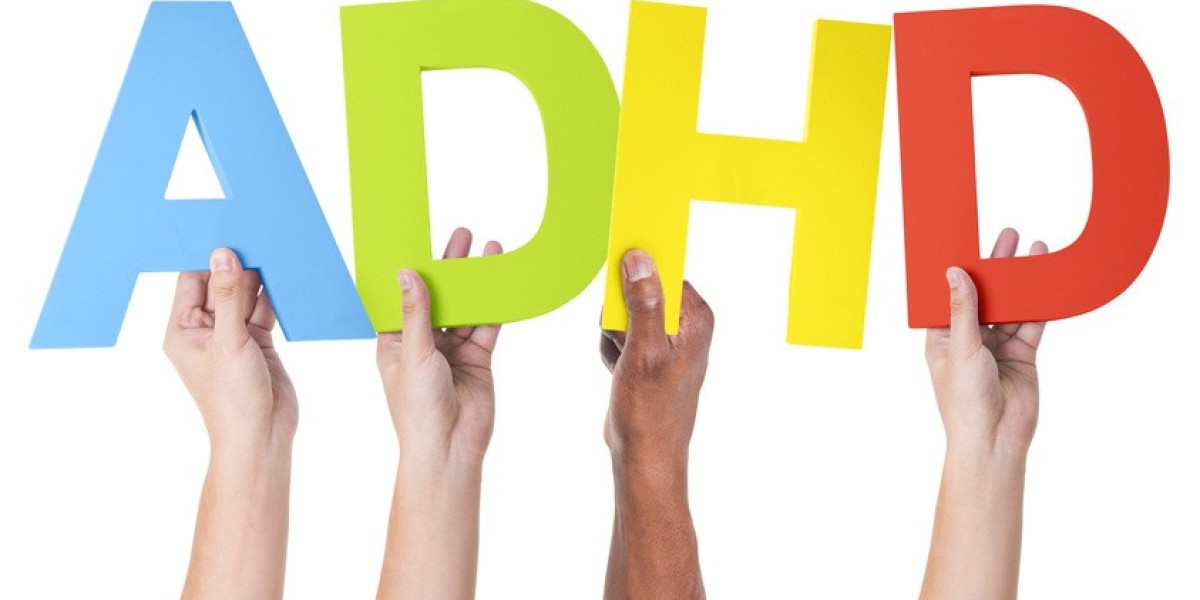Attention-Deficit/Hyperactivity Disorder (ADHD) is a common neurodevelopmental disorder that affects millions of people worldwide. Characterized by symptoms such as inattention, hyperactivity, and impulsivity, ADHD can significantly impact various aspects of life, including academic performance, work productivity, and interpersonal relationships. While medication is a common and effective treatment for managing ADHD symptoms, therapy also plays a crucial role in a comprehensive approach to treatment. This article explores the multifaceted role of therapy in ADHD management, highlighting various therapeutic modalities and their contributions to improving the quality of life for individuals with ADHD.
Types of Therapy for ADHD
Cognitive Behavioral Therapy (CBT)
Cognitive Behavioral Therapy (CBT) is one of the most widely used therapeutic approaches for managing ADHD. CBT focuses on identifying and changing negative thought patterns and behaviors that contribute to difficulties in functioning. For individuals with ADHD, CBT can help in developing strategies to manage symptoms such as procrastination, disorganization, and impulsivity. Techniques such as goal-setting, time management, and organizational skills training are integral to CBT and help individuals build practical skills to cope with daily challenges.
Behavioral Therapy
Behavioral therapy is another effective approach for managing ADHD. This therapy focuses on modifying specific behaviors by reinforcing positive actions and reducing problematic ones. In children with ADHD, behavioral therapy often involves working with parents and teachers to implement consistent strategies for managing behaviors, such as using reward systems for positive behavior and setting clear expectations. For adults, behavioral therapy can assist in establishing routines and developing coping strategies for managing time and tasks effectively.
Parent Training and Family Therapy
For children with ADHD, involving the family in therapy can be highly beneficial. Parent training programs equip parents with skills and strategies to manage their child's ADHD symptoms more effectively. These programs often include guidance on creating structured environments, implementing consistent discipline, and fostering positive behaviors. Family therapy can also address any family dynamics or conflicts that may exacerbate the child's symptoms, promoting a supportive and understanding family environment.
Social Skills Training
Social skills training is particularly valuable for individuals with ADHD, who often struggle with interpersonal relationships due to impulsivity and difficulty focusing on social cues. This type of therapy helps individuals develop and practice social skills such as communication, empathy, and conflict resolution. By improving social interactions, individuals with ADHD can enhance their relationships and reduce social anxiety, which can significantly improve their overall quality of life.
Occupational Therapy
Occupational therapy focuses on helping individuals develop the skills necessary for daily living and functioning. For individuals with ADHD, occupational therapy can address challenges related to organization, time management, and task completion. Occupational therapists work with individuals to develop personalized strategies and tools that can assist in managing symptoms and improving overall functioning. This may include creating structured routines, using visual aids, and developing adaptive techniques for daily tasks.
Benefits of Therapy in ADHD Management
Skill Development
One of the primary benefits of therapy is the development of practical skills to manage ADHD symptoms. Through various therapeutic approaches, individuals can learn strategies for organization, time management, and impulse control. These skills can improve academic performance, job productivity, and overall daily functioning.
Emotional Regulation
ADHD often comes with emotional challenges, such as frustration, low self-esteem, and mood swings. Therapy can help individuals develop emotional regulation skills, enabling them to manage their emotions more effectively and improve their overall emotional well-being.
Behavioral Improvement
Therapeutic approaches like CBT and behavioral therapy focus on modifying specific behaviors associated with ADHD. By addressing maladaptive behaviors and reinforcing positive ones, therapy can lead to significant improvements in behavior and functioning.
Enhanced Relationships
Social skills training and family therapy can improve interpersonal relationships by addressing communication issues and fostering better understanding among family members. Improved social interactions can lead to stronger relationships and a more supportive social network.
Holistic Approach
Therapy provides a holistic approach to ADHD management by addressing not only the symptoms but also the underlying emotional and psychological factors. This comprehensive approach can lead to more sustainable and long-term improvements in quality of life.
Conclusion
Therapy plays a vital role in the management of ADHD, complementing medication and other treatments. By offering various therapeutic modalities, therapy addresses the multifaceted challenges associated with ADHD, including behavioral issues, emotional regulation, and social skills development. Through skill development, emotional support, and behavioral modification, therapy can significantly enhance the quality of life for individuals with ADHD, helping them to manage their symptoms effectively and achieve their full potential. A collaborative approach that includes both therapy and medication often provides the most comprehensive and effective treatment for ADHD, leading to better outcomes and a more fulfilling life for those affected by this condition.



